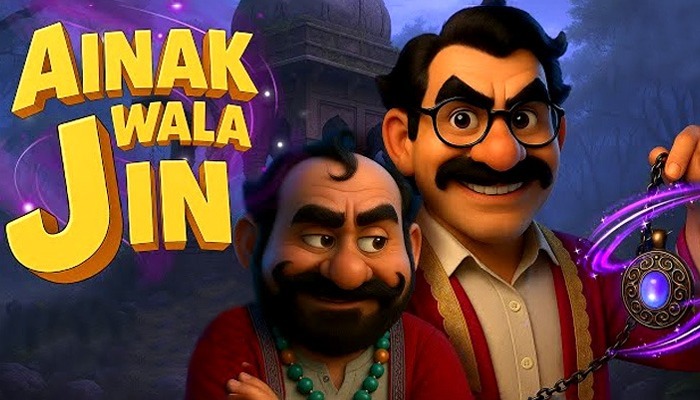- Gangster saga by Prithviraj Sukumaran & Asif Ali in Kaapa.
- Kaapa is set in a shadowy version of Trivandrum.
- The movie is dated in the way it depicts gangster life and uses violence.
Kaapa is set in a shadowy version of Trivandrum that is submerged in the world of nighttime criminals and mafiosos from the underworld.
The movie attempts the impossible: to create a commercially successful adaptation of a literary work, but it lands awkwardly. Following the year’s popular old-school star vehicle Kaduva, director Shaji Kailas and actor Prithviraj Sukumaran team up once more for Kaapa, a textually distinct movie.
The movie is dated in the way it depicts gangster life and uses violence. The gore and severed body parts that Shaji Kailas chooses to display are done so with complete consideration for the narrative needs rather than being added for visceral shock value, which is where Shaji Kailas goes berserk with his aesthetic choices.
Anand (Asif Ali) and Binu (Anna Benn), a young techie couple, are introduced in Kaapa when they relocate from Banglore to Trivandrum as part of a recent job change. However, during a normal police inspection, Anand discovers a genuinely terrible history about his wife’s past, which throws their daily lives into disarray. As it is intricately linked to a local kingpin named Kotta Madhu (Prithviraj Sukumaran) and his shadowy past in the city’s crime hierarchy, this recently uncovered information puts their very survival in jeopardy.
Anand’s personal life is flipped upside down as he strives to understand the identity of his pregnant wife and identify any remaining pendence that could endanger their lives. This unlocks a Pandora’s box of intrigue. The exposition dump at the start is handled elegantly, and Indugopan switches between scenes in his screenplay while delaying crucial information such as when the present timelines falter and veer into predictability.
Shankumughi, a short novella by Indugopan, is the original text, but the tenacious filming surpasses it. The literary text’s nuances, particularly in its depiction of any particular feature relevant to the core mystery To accommodate the stardom of the starring character, Kotta Madhu is somewhat foregone, and instead, we are given a terribly damaged mafioso boss who projects little hate outside and harbors it internally.
Prithviraj is effectively cast as the monosyllabic Madhu, who seldom expresses anything verbally but instead through randomly organized recollections that play in his thoughts. The play is at times incredibly solemn, yet Prithviraj expertly balances the pathos and vanity with which Madhu marshals his troupes and controls the city according to his own rules.
Asif Ali is given a thankless role that essentially serves as the audience proxy, and via his interactions with other characters, we learn about the intricate backdrop of the drama. Like her female counterpart Aparna Balamurali, Anna Benn is neglected in the first section of the story, but later on the focus shifts from the alleyways filled with testosterone to the women’s paths. Dileesh Pothan gives humanity to an enemy who would otherwise be a stereotype.
This abrupt reversal of roles and juxtaposition of well-known cliches feels like a last ditch effort yet never lingers too long. In the first half, the female character is primarily confined to her home, but the author’s abrupt change in focus benefits the movie. When women take control (at least in part) of their own fortunes and future, the novelty of expanding the works’ connection with the male fantasy world takes a rocky but successful turn.
Kaapa is a generic gangster drama that gets a boost from a number of well-developed supporting players who take matters into their own hands. With betrayals, retaliation, guilt, and redemption all rolling in within their egos that never release go, even when on the losing side, the resolution gives a glimpse as to how weird all the schemeing is. Given the abundance of information, Jomon T. John’s camera makes the silhouettes resemble voids where evil could lurk at any time. Although a little too loud for the film’s intellectual sensibilities, Dawn Vincent’s score gives the story some vitality and a more widespread feel. Kaapa is a lean addition to the genre of gangster movies that opts for calm introspection over the garish, stereotypical depiction of crime and its effects.
[embedpost slug=”review-of-laththi-vishals-david-goliath-tale-lacked-originality/”]





















